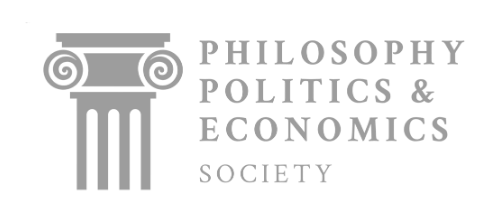Ethical Consumption: Making a Difference Together
Nicole Hassoun
The civil war in Sierra Leone was brutal. Millions lost their homes, and hundreds of thousands were raped, tortured, starved, beaten, mutilated or killed. “Blood diamonds” fueled the conflict: Whoever controlled the diamond mines controlled the country. The world responded by embargoing diamond sales and creating the Kimberly process. The Kimberly process certifies diamonds as conflict free. Consumers support the Kimberly process by engaging in “ethical consumption” and purchasing only certified diamonds. The problems ethical consumption initiatives seek to address go beyond blood diamonds and other conflict minerals. Fair Trade and Organic consumer labels are perhaps the best-known direct-to-consumer efforts. Other labels certify goods as sweatshop- and child-labor-free, energy efficient, sustainable forestry, free range, organic, not tested on animals and so forth. This paper considers the Inefficacy Objection to ethical consumption on which no individual is obligated to engage in ethical consumption because whether or not that individual does so makes no real difference to overcoming the problems ethical consumption seeks to address. Rather, critics who endorse the Inefficacy Objection often maintain that it is better to solve these problems with laws, policies, or other coercive mechanisms. This paper challenges the Inefficacy Objection in a way that is distinctively political. It argues that, absent coercive mechanisms that for achieving ethical consumption campaigns’ (laudable) objectives, at least affluent individuals must engage in ethical consumption as long as their actions can make a real difference in conjunction with others’ actions. That is, the fact that together individuals can make a real difference suffices to support an obligation to engage in ethical consumption, even when an individual’s action will make no real difference alone. This paper argues that engaging in ethical consumption can better help us secure the same values – freedom, justice, and efficiency – that justify instituting coercive mechanisms to help us overcome the collective action problems that generate the Inefficacy Objection. In doing so, it not only explains why we individuals should engage in ethical consumption but how we should distribute individual obligations to do so and how we can succeed in fulfilling this obligation. This paper’s account, thus, goes significantly beyond rule consequentialist and (other) deontological accounts that attempt to address the Inefficacy Objection. Finally, the paper argues that hope can help us trust in others and act to fulfill our obligations.

